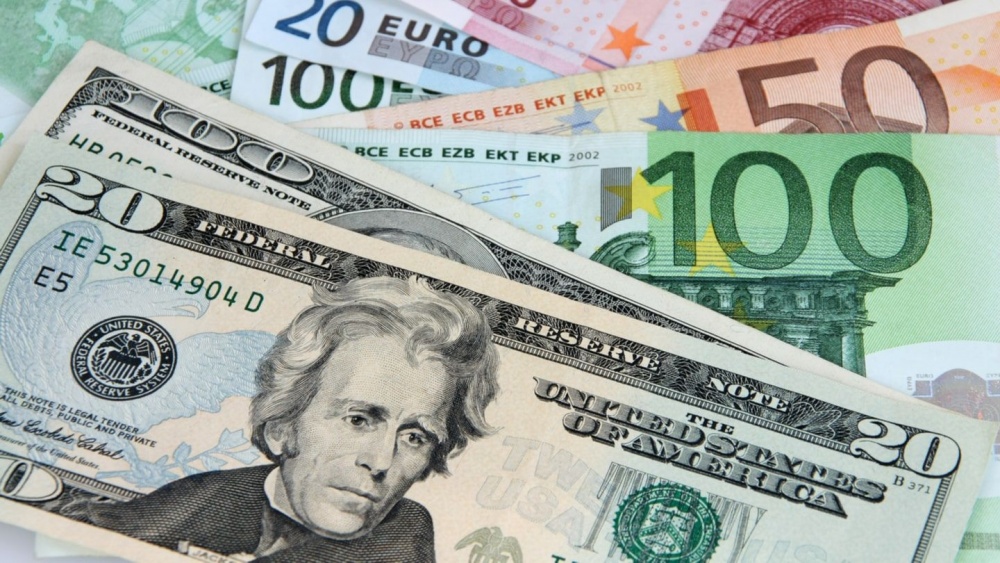 |
Risk-sensitive currencies surged overnight, while the yen and Swiss franc fell after Mr Trump announced a 90-day moratorium on reciprocal tariffs.
Accordingly, on April 9, Mr. Trump decided to temporarily suspend the implementation of reciprocal tariffs on imports from most of the US's trading partners for 90 days to allow for trade negotiations with those countries. However, the general 10% tariff on most imported goods into the US remains unchanged.
U.S. Treasury Secretary Scott Bessent said on April 9 that comprehensive tax cuts had been the plan from the beginning to bring countries to the negotiating table. But Trump later said the near-panic in the markets since his April 2 announcement had affected his thinking.
But Mr Trump's decision to raise tariffs on Chinese goods to 125% has upset everything as markets worry about the long-term impact on growth and the uncertainty of Mr Trump's economic policies.
“Even if President Trump does reach a deal with his trading partners, there is damage done to the markets and the U.S. economy that will take time to recover,” said Kyle Rodda, an analyst at Capital.com.
The worries pushed investors back into safe-haven assets such as the Japanese yen and Swiss franc, while selling the Australian dollar. The greenback also fell.
The US dollar fell 0.7% to 146.68 yen as of 01:00 GMT. The US dollar fell 0.62% to 0.8522 Swiss franc. The euro rose 0.32% to 1.0985 USD/EUR. The US dollar index, which measures the strength of the greenback against a basket of six major currencies, was trading around 102.70, down 0.2% from the start of the session.
“The extreme valuation of the US dollar against a number of currencies looks increasingly unjustified over the medium term,” ANZ analysts said in a note to clients.
Meanwhile, the Australian dollar fell 0.33% to $0.6132, after falling as much as 0.5% earlier. It even hit a five-year low of $0.5910 at one point. The Australian currency tends to act not only as a gauge of market sentiment but also as a measure of liquidity for the Chinese market.
China's yuan edged down 0.2% to 7.3545 per dollar. The currency hit an all-time low of 7.4288 earlier in the week but has since reversed course.
Source: https://thoibaonganhang.vn/tai-san-an-toan-len-ngoi-bat-chap-viec-ong-trump-hoan-thue-quan-162548.html


![[Photo] Party and State leaders attend the special art program "You are Ho Chi Minh"](https://vphoto.vietnam.vn/thumb/1200x675/vietnam/resource/IMAGE/2025/5/18/6895913f94fd4c51aa4564ab14c3f250)


![[Photo] Ready for the top competitions of Vietnamese table tennis](https://vphoto.vietnam.vn/thumb/1200x675/vietnam/resource/IMAGE/2025/5/18/9c547c497c5a4ade8f98c8e7d44f5a41)

![[Photo] Many young people patiently lined up under the hot sun to receive a special supplement from Nhan Dan Newspaper.](https://vphoto.vietnam.vn/thumb/1200x675/vietnam/resource/IMAGE/2025/5/18/6f19d322f9364f0ebb6fbfe9377842d3)






















































































Comment (0)